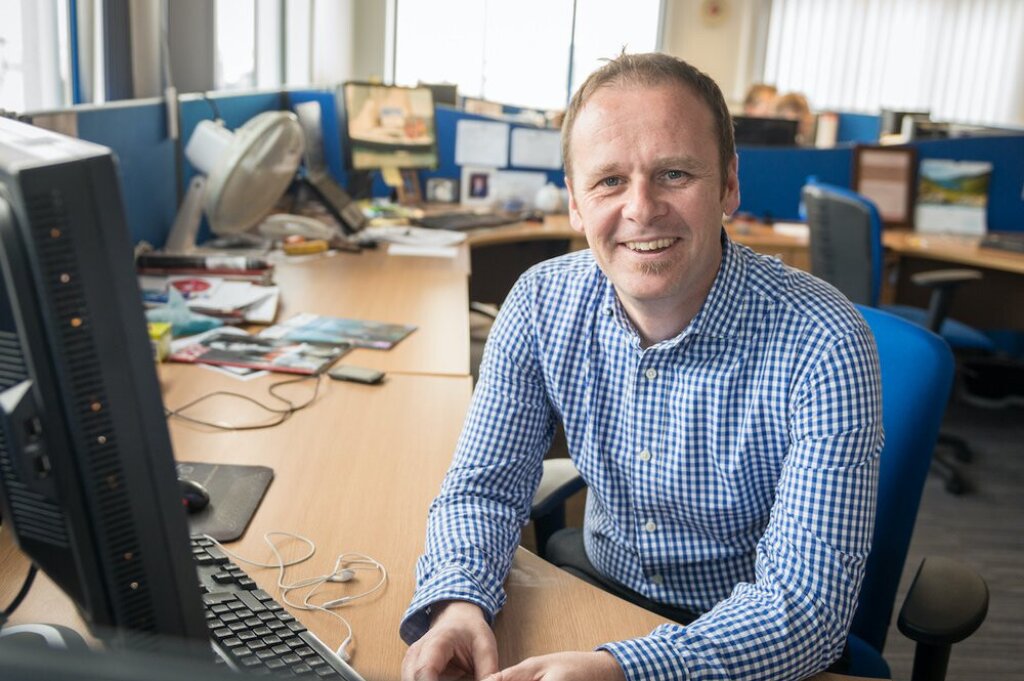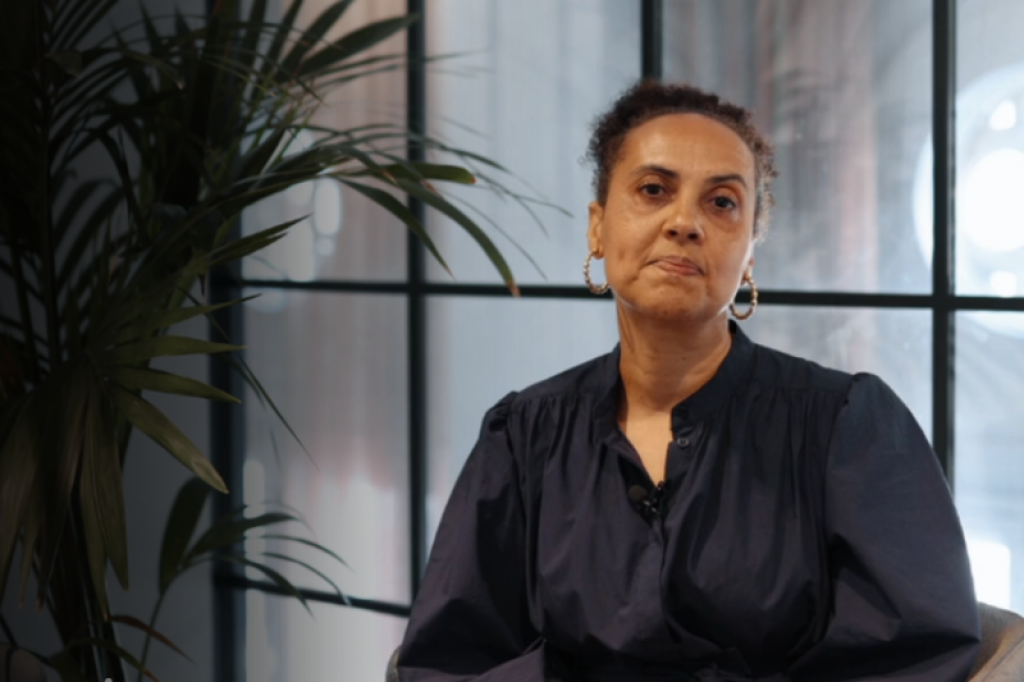Brothers Jilbruke and Jenner Collins are directors of Collins Limited, a vehicle development agency that they founded in 2015. They’ve been involved in vehicle engineering for motorsport for over 20 years, first in their native Australia, and, since 2002, with Formula One in the UK.
Engineers through and through, they realised that if they were to achieve their ambition of delivering high value vehicle projects they would need to raise their game on what Jenner calls “the business side of the business.”
Therefore, when the opportunity arose to work with five advisory board members as part of the Be the Business Boards programme, they seized it with both hands.
“We realised that getting input from experienced people in different fields, and the networks that would expose us to, for a relatively small investment of our own time, would be invaluable,” Jenner said.
Lifting their heads from the day-to-day
Nevertheless, they were a little nervous when they embarked on the programme. “I wondered if it might be a bit like Dragon’s Den, where they would grill us and expose lots of holes in our thinking,” Jenner admitted. “But it wasn’t like that at all. They were just curious, they seemed genuinely interested in our business, and they asked all sorts of questions that forced us to lift our heads up from the day-to-day and think about what we needed to do to get to the next level and the level after that.”
What struck board member Pete Boddy, head of engineering, Air Service, at BAE Systems, at the very first meeting with Collins, was a lack of clarity about the company’s five-year business plan.
Pete explained: “You need that underpinning part in order to ask more pointed questions about how they are hoping to achieve growth by certain milestones, what plans they have for certain customers, why they feel they need more office space, and so on. After that initial conversation, Jenner and Jilbruke went away and did that, and that led to some really useful discussions.”
“They asked all sorts of questions that forced us to lift our heads up from the day-to-day and think about what we needed to do to get to the next level and the level after that.”
Jenner Collins, founder, Collins Limited – SME board participant
Becoming flies on the wall
One of the most tangible tools the board gave the brothers was a decision-making matrix, which allowed them to prioritise projects by allocating them scores for risk and reward.
“We might have come to the same conclusion without the matrix, but because we were using objective measurements it removed a large element of debate and allowed us to make quicker decisions,” Jenner said.
He added that the board has helped the brothers to take the emotion out of things and be more objective – “almost as though we were flies on the wall of our own business.”
Building confidence
While being forced to reflect on the business has allowed the brothers to make better decisions, the support of the board has also boosted their confidence, said Jenner.
“The more people there are round the table, the more you realise there isn’t just one way to do something, the more experiences you can draw on, and the more you realise that, while there are always things you can improve, you’re maybe not doing too badly,” he said.
Being careful not to prescribe a particular approach is a critical aspect of supporting an entrepreneur, said Bhavna Saraf, managing director, head of Trade Product, at Lloyds Banking Group, and a member of Collins’ board.
“It’s about recycling or recalibrating your experience in a way that is helpful and appropriate for the company you’re advising,” she said. “Banks get paid for taking risks, so we have a good understanding of how to evaluate risk, but when you’re talking to a motorsport company with two directors and a turnover of £100,000, they have different risks, so it is very important that we listen to them and offer very tailored help.”
Board members have nerves too
And it’s not just the entrepreneurs who are apprehensive when joining a Be the Business board. Despite many years as a senior leader in BAE Systems, as well as extensive mentoring experience, Pete Boddy understands that he has as much to learn as anyone.
“You go into the first board meeting feeling a little bit vulnerable, because you’re conscious that you’re coming at problems from the perspective of your own industry background, and you’re surrounded by people who are really significant players in their own fields,” he said.
But he also understands that, communicated appropriately, his skills and experiences are transferable – and the more businesses he gets involved with, the more knowledge and perspectives he can bring to the table and back into his own career.
“It’s an incredible multifaceted learning experience for everyone, because you’re looking at problems, challenges and opportunities through multiple lenses.”
Pete Boddy, BAE Systems – board member
A multifaceted learning experience
Like Jenner, Pete feels the meetings are a mutually supportive forum for everyone to voice their opinions openly “in a psychologically safe way.” He continued: “It’s an incredible multifaceted learning experience for everyone, because you’re looking at problems, challenges and opportunities through multiple lenses. It’s also hugely enjoyable.”
Bhavna observed how well the Collins board has gelled. “There’s a real chemistry there; it’s like we’ve always worked together,” she said.
Jenner and Jilbruke have felt the benefit. “The board has been even more helpful than I expected,” Jenner said. “We can now deal with problems in different ways. Without their input, we might not have seen new ways of approaching business problems. They’ve given us so much of their time, and genuinely want to help us. It would be hard not to enjoy that.”
“It’s about recycling or recalibrating your experience in a way that is helpful and appropriate for the company you’re advising.”
Bhavna Saraf, Lloyds Banking Group – board member
Headline takeaways
Leaders need to step out of the day-to-day
The board forced Jenner and Jilbruke to lift their heads out from the day-to-day and think about what they needed to do to take the business forward.
A board can be a confidence booster
Reflecting on the business has allowed the brothers to make better decisions and improve their confidence.



